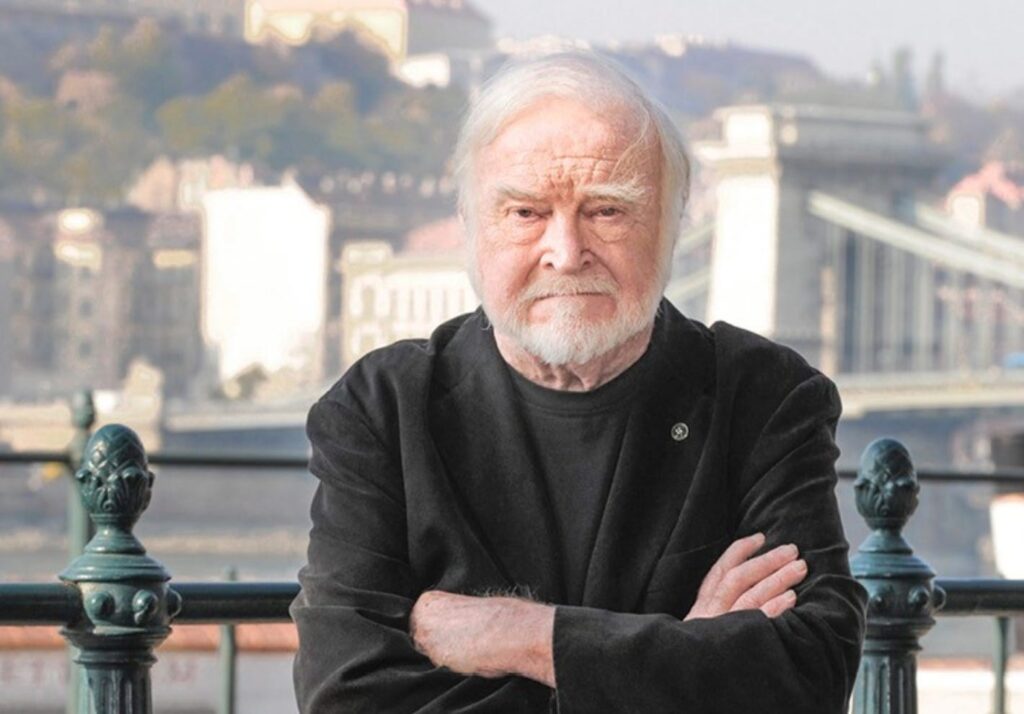Flow

Mihaly Csikszentmihalyi, author of “Flow”, (1934-2021)
From the book Flow. The first quote describes probably the easiest, best justification for representational art, which is mostly about sustained attention for no motive but to pay attention and then acting on what it shows:
If you are interested in something, you will focus on it, and if you focus attention on anything, it is likely that you will become interested in it. Many of the things we find interesting are not so by nature, but because we took the trouble of paying attention to them. The second describes the transition from not-painting to painting on the average morning:
The optimal state of inner experience is one in which there is order in consciousness. … “Flow” is the way people describe their state of mind when consciousness is harmoniously ordered, and they want to pursue whatever they are doing for its own sake.
Most enjoyable activities are not natural; they demand an effort that initially one is reluctant to make. But once the interaction starts to provide feedback to the person’s skills, it usually begins to be intrinsically rewarding.
…success, like happiness, cannot be pursued; it must ensue…as the unintended side-effect of one’s personal dedication to a course greater than oneself.
…It is when we act freely, for the sake of the action itself rather than for ulterior motives, that we learn to become more than what we were.
Now . . . we do studies — we have, with other colleagues around the world, done over 8,000 interviews of people — from Dominican monks, to blind nuns, to Himalayan climbers, to Navajo shepherds — who enjoy their work. And regardless of the culture, regardless of education or whatever, there are these seven conditions that seem to be there when a person is in flow. There’s this focus that, once it becomes intense, leads to a sense of ecstasy, a sense of clarity: you know exactly what you want to do from one moment to the other; you get immediate feedback. You know that what you need to do is possible to do, even though difficult, and sense of time disappears, you forget yourself, you feel part of something larger. And once the conditions are present, what you are doing becomes worth doing for its own sake.
…success, like happiness, cannot be pursued; it must ensue…as the unintended side-effect of one’s personal dedication to a course greater than oneself.
Comments are currently closed.